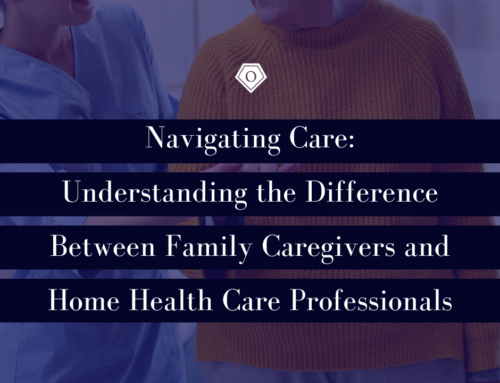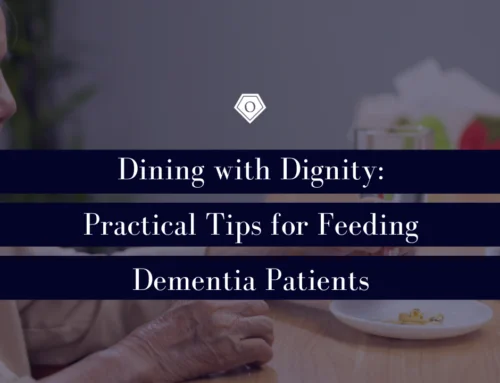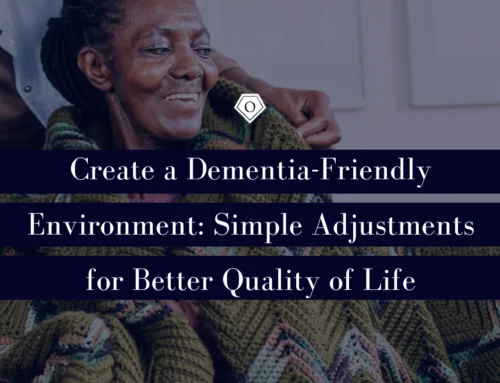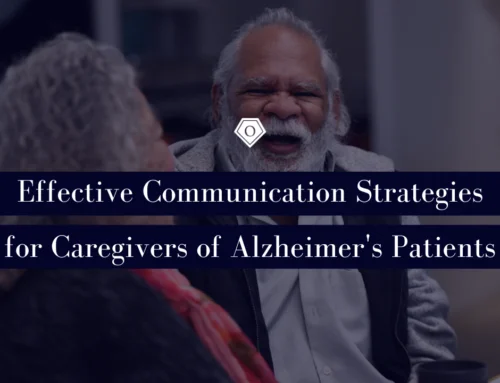There comes a time when family members start to notice that their elderly parents need assistance. Family caregivers encounter many difficult conversations from driving, personal care, housework, and finances.
Hard conversations can leave older adults feeling like they are not in control of their life. This feeling would make anyone frustrated or angry. We put together a few tips based on AARP’s recommendations that will help you bring a new sense of calm to hard conversations.
Observe Before You Act
It is crucial to gather enough information to validate your concerns. Do not enter a difficult conversation without full knowledge that your concerns are valid. Do your homework. Keep in mind; you should not wait until an issue is dire. If you know that a matter could quickly escalate into a dangerous situation for your loved one, consider approaching the conversation as a time to come up with a plan. The preparation method may prevent more emotion-driven discussions.
Approach with Love, Concern, and Support
Set the tone by ensuring your mind and heart are in the right place. Starting a conversation with a harsh statement or negative attitude will quickly escalate any confrontational feelings. Remember, it is not a power play. It may take more than one conversation to reach a positive resolution.
Communicate Effectively
A proven tactic for keeping conversations positive is using “I” statements. When you start a sentence with “you” your loved one will likely feel defensive. Saying “I” is not a natural skill. Consider practicing what you would like to say before engaging in an awkward conversation. Another key tip is to listen. Do not speak until your loved one is finished expressing themselves. Do not listen to respond, listen to understand.
Include Key People in The Conversation
Remember to include key people in your conversation. It may be a doctor, counselor, lawyer or friend depending on the situation. Make it clear no one is there to gang up on your loved one. A key person like a doctor may be able to illustrate your concerns to your loved one. Your loved one may be more likely to take an expert’s advice.
If your loved one needs assistance around the house, managing medication or any other help they may benefit from home care.






